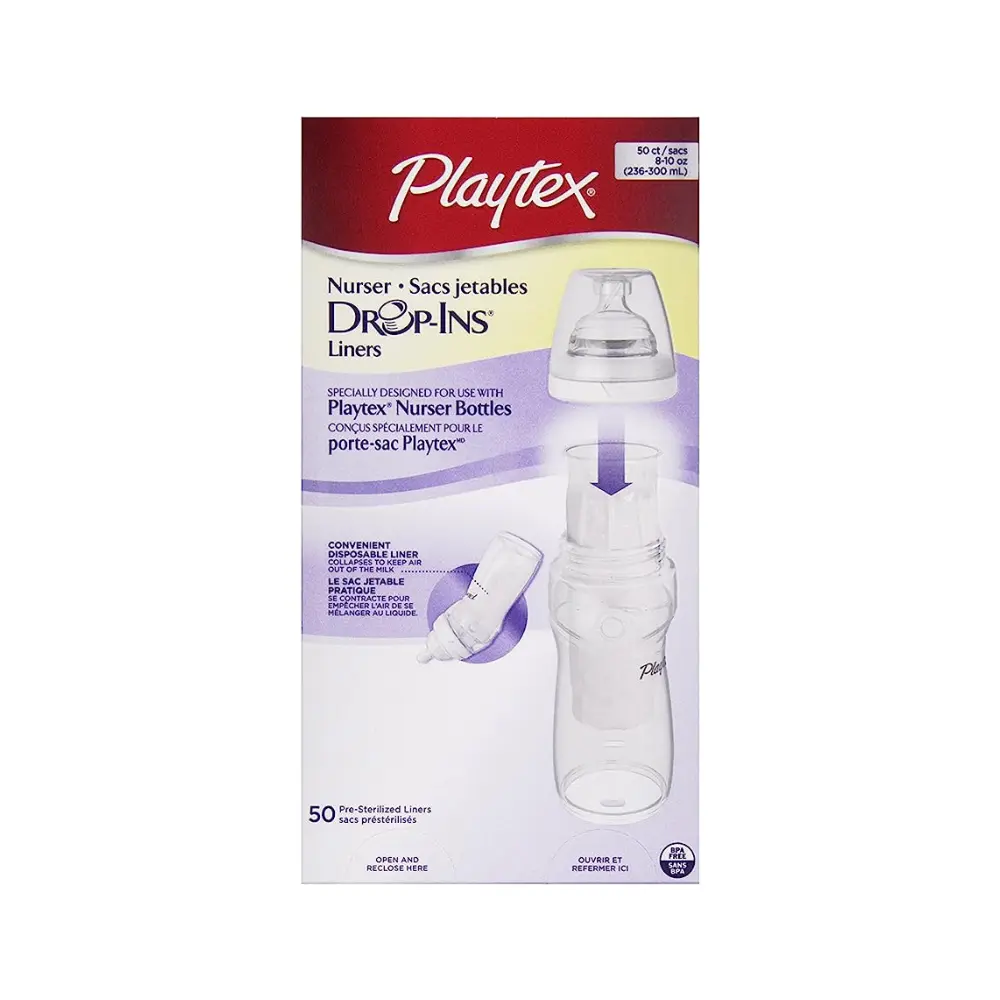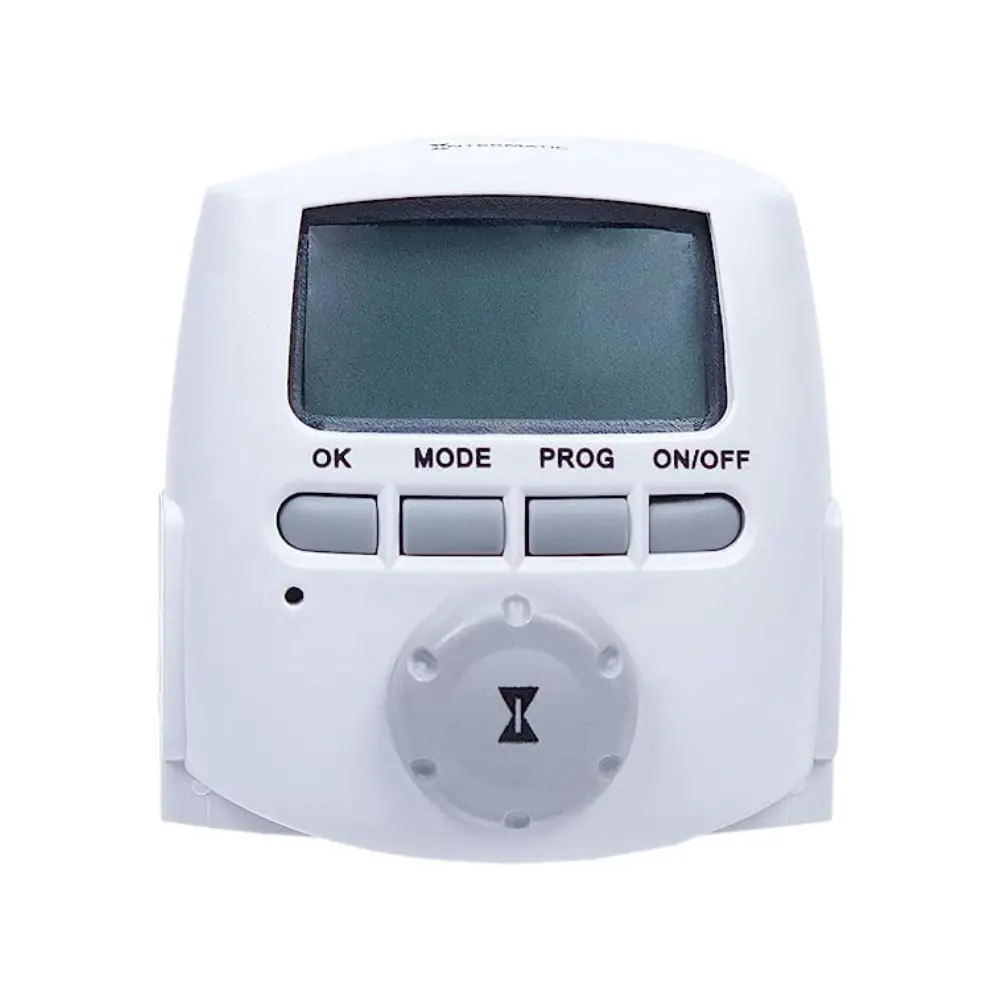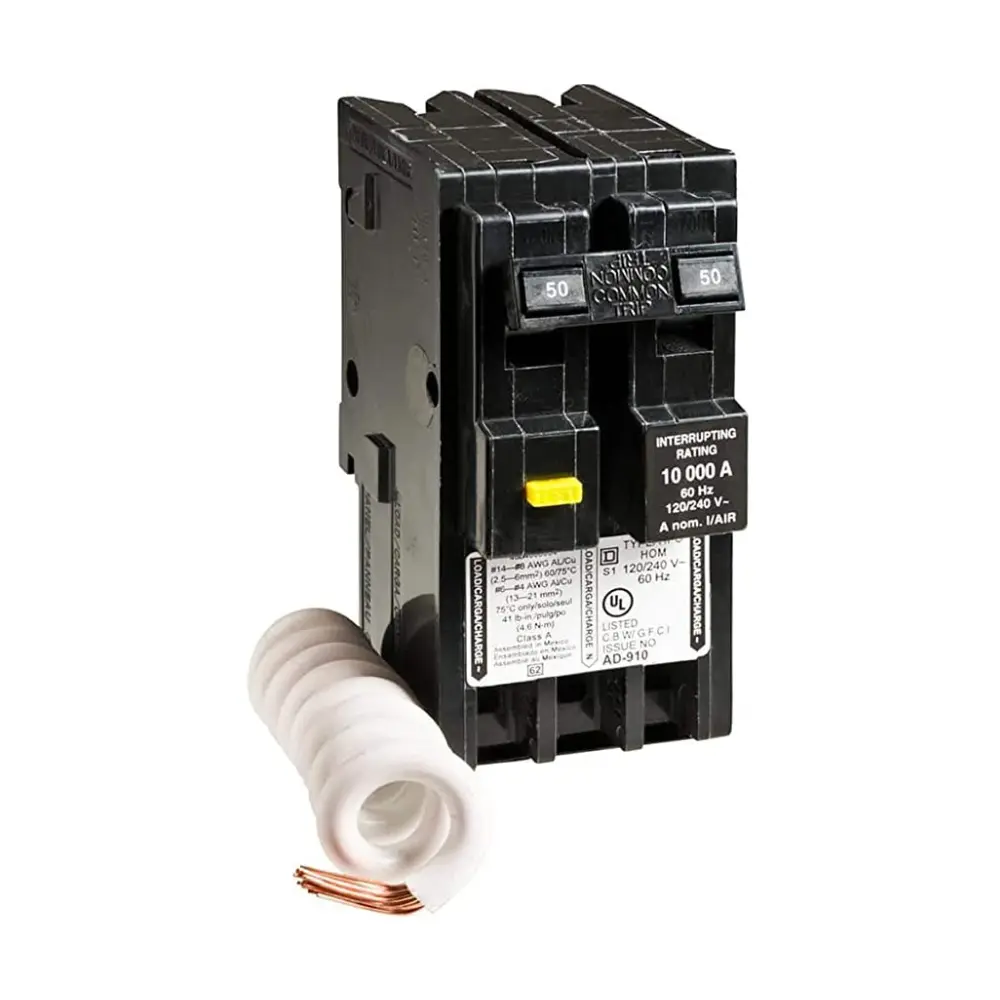In the bustling world of e-commerce and retail, finding reliable and cost-effective US wholesale suppliers is crucial for business success. This comprehensive guide delves into the essentials of navigating the wholesale landscape in the United States, offering valuable insights and strategies for businesses of all sizes.

Understanding the US Wholesale Market
Before diving into supplier selection, it’s important to understand the dynamics of the US wholesale market. This segment plays a pivotal role in the supply chain, connecting manufacturers with retailers and e-commerce platforms. The US market is diverse, hosting a wide range of suppliers across various industries.
Key Points:
- Diversity of suppliers across industries
- Role in the supply chain
- Impact on retail and e-commerce
What are US Wholesale Suppliers?
US wholesale suppliers are entities that sell products in bulk, primarily to retailers and other businesses, rather than directly to consumers. They offer a variety of products, from clothing and electronics to food items and machinery, often at lower prices due to the bulk purchases.
Selecting the Right Wholesale Supplier
Choosing the right supplier is a critical decision for any business. Factors such as pricing, product quality, reliability, and shipping times must be considered. Conducting thorough research and vetting potential suppliers are essential steps in this process.
Effective Strategies:
- Conducting competitor research to understand market standards
- Evaluating supplier reputation and reliability
- Assessing product quality and pricing
Competitor Research in Finding Suppliers
Competitor research is a valuable tool in finding the best US wholesale suppliers. By analyzing what suppliers your competitors use and the keywords they rank for, you can gain insights into reliable and cost-effective sources.
Maximizing Benefits from Wholesale Purchases
After selecting a supplier, the next step is to maximize the benefits of wholesale purchasing. This involves negotiating terms, understanding shipping logistics, and managing inventory effectively.
Tips for Success:
- Negotiating favorable terms with suppliers
- Efficient inventory management
- Understanding shipping and logistics
How to Negotiate with Wholesale Suppliers
Effective negotiation with suppliers can lead to better prices, improved terms, and stronger business relationships. Key negotiation tactics include understanding market prices, being clear about your needs, and building long-term relationships.
Challenges and Solutions in Wholesale Sourcing
While sourcing from US wholesale suppliers offers numerous benefits, businesses may face challenges such as fluctuating market prices, supply chain disruptions, and quality control issues. Addressing these challenges requires a proactive approach and strategic planning.
Solutions Include:
- Building a diverse supplier network
- Regular quality checks and audits
- Adapting to market changes
Dealing with Supply Chain Disruptions
Supply chain disruptions can significantly impact businesses relying on wholesale suppliers. To mitigate these risks, diversifying your supplier base and maintaining a robust inventory management system are effective strategies.
Conclusion:
Navigating the landscape of US wholesale suppliers is a critical aspect of business operations. By understanding the market, conducting thorough research, selecting the right suppliers, and effectively managing relationships and logistics, businesses can ensure a steady supply of quality products and maintain competitive advantage.
Featured Snippet:
- Understand the US wholesale market
- Select the right supplier
- Maximize benefits from wholesale purchases
- Overcome challenges in wholesale sourcing
For more insights on supplier negotiation tactics, check our detailed article on Effective Business Negotiation Strategies.




